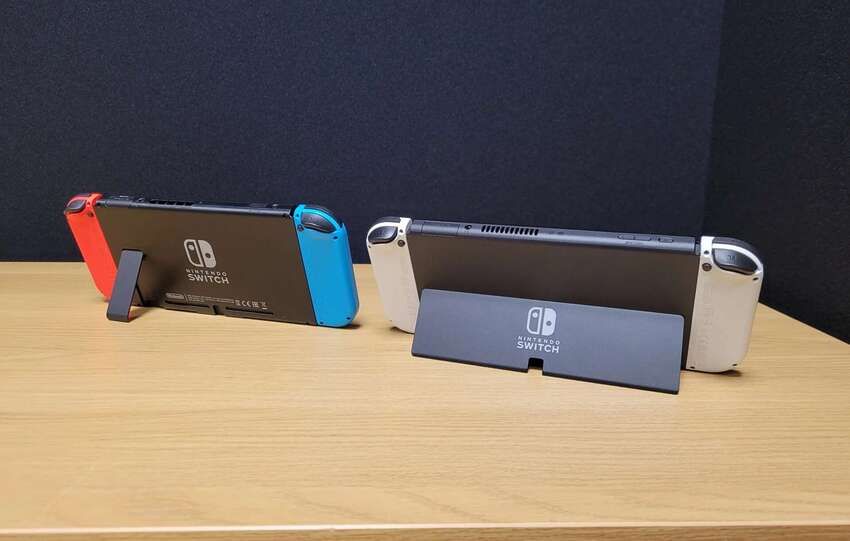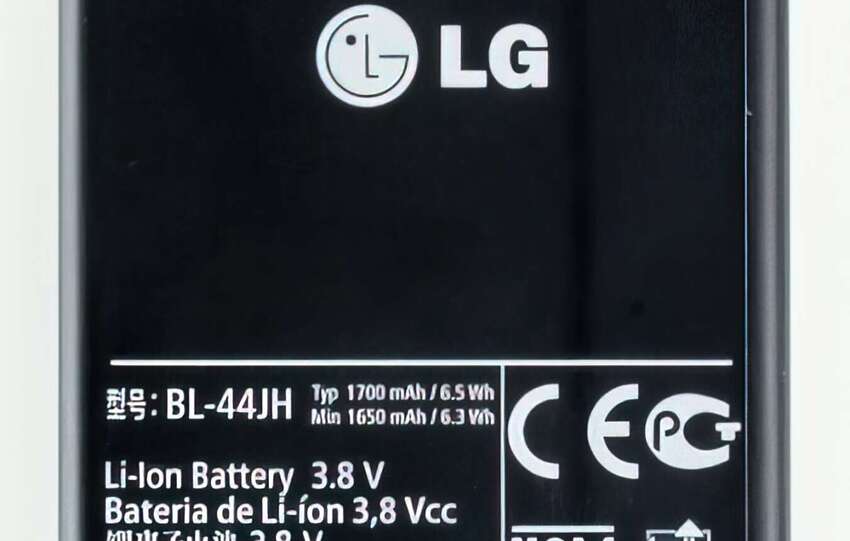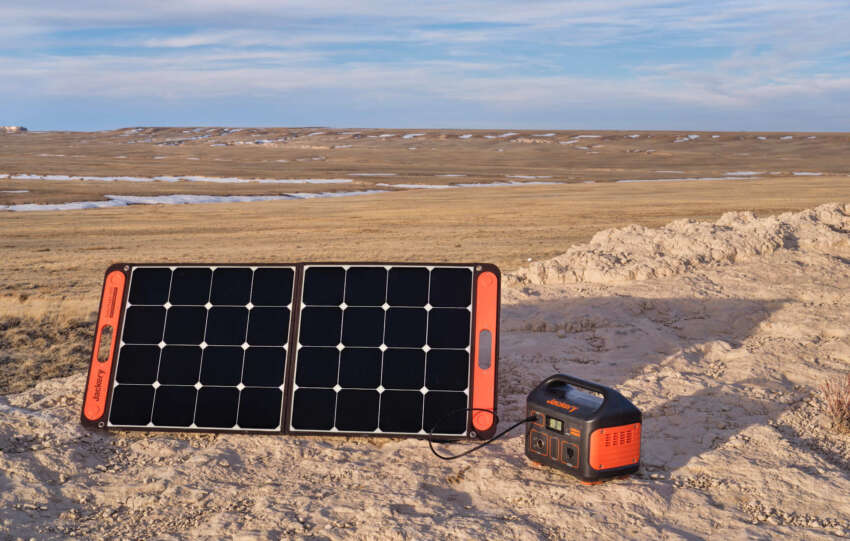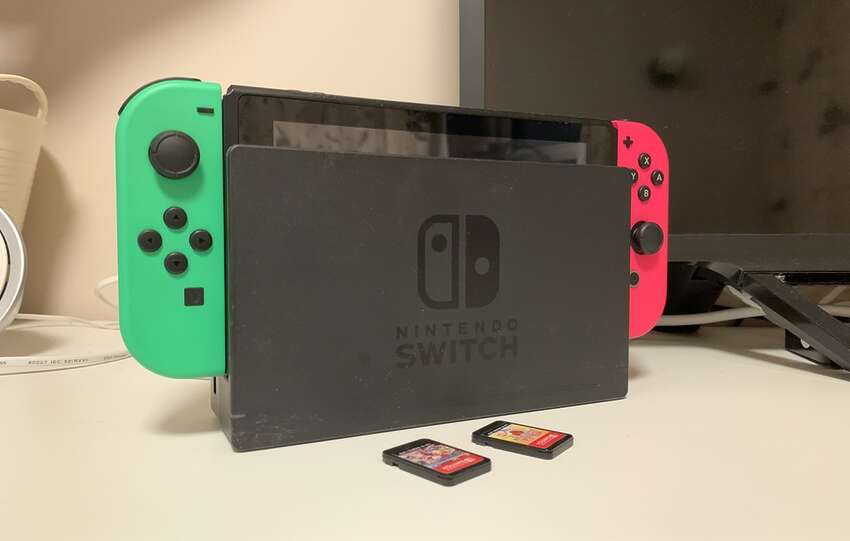Share This Article
Every day, we rely on our cell phones to help us stay connected with friends and family, access our finances, book appointments, and more. Most of the time, cell phones work flawlessly. But with constant use, a little thing called battery life starts to wane.
So how long do cell phone batteries last?
In general, most modern smartphones should last between two and five years with regular use.
However, factors such as usage patterns, operating system version, interface, app types used (apps that keep the display on for example), storage capacity and type of battery all play a role in how long your phone lasts.
Here’s more information on how long your cell phone’s battery lasts so you can get the most out of it before you need to get a new one.
What affects battery life in smartphones?
Battery life is affected by a number of factors, including usage pattern, operating system version, interface (whether the phone has an AMOLED or LCD display), app types used, storage capacity and type of battery.
Battery Life: Two to Five Years
Most modern cell phones should last for between two and five years with regular use.
However, factors such as usage pattern, operating system version, interface (whether the phone has an AMOLED or LCD display), app types used (apps that keep the display on for example), storage capacity and type of battery all play a role in how long your phone lasts.
If you take care of your phone properly by not letting any apps run in the background without being in use and don’t let it overheat or get damaged, you can expect your handset to last at least two years before you need to replace it.
How long does a new battery last?
New batteries typically last between two and five years with regular use. However, factors such as usage patterns, operating system version, interface, app types used (apps that keep the display on for example), storage capacity and type of battery all play a role in how long your phone lasts.
One thing to consider is how the battery’s performance decreases over time.
Generally speaking, lithium-ion batteries don’t lose their charge capacity over time but the lifespan of the device itself does decrease over time.
Depending on your usage patterns and device age, it can be difficult to predict when you might need a new battery or what components will fail first.
How long do lithium-ion batteries last?
The lithium-ion batteries found in most modern smartphones should last between two and five years with regular use.
Lithium-ion batteries have a limited number of charge cycles for each time they are recharged. After about 500 charge cycles, the battery will need to be replaced or the phone will stop functioning.
You can find out how many charge cycles your battery has by looking at its label or checking the “Battery” section of your phone’s Settings.
How long do non-removable batteries last?
A lithium-ion battery is the most common type of battery in cell phones. Non-removable batteries are more commonly found in inexpensive phones and with removable batteries, manufacturers typically include a spare in case the user needs to replace it.
They’re also used in laptops and other devices.
Most non-removable batteries last for about two years before requiring replacement. The average lifespan of a non-removable cell phone battery is about three years or 3,000 cycles.
If you use your phone frequently or if you need to keep it plugged into power sources often, then your battery life will be shorter than this.
How long do removable batteries like the Samsung Galaxy lasts?
The life of removable batteries like the Samsung Galaxy lasts approximately 300-500 recharge cycles.
Since the batteries are removable, users have an easy way to replace them when they’re running low on power. Because of this, they don’t need to be replaced as often as non-removable batteries.
Additionally, these batteries are typically made with high-quality materials and manufactured by reputable companies so they last longer than other types of batteries.
Most removable batteries like the Samsung Galaxy shouldn’t need to be replaced for up to 300-500 charge cycles.
That means a battery like the Samsung Galaxy should last between two and five years before needing to be replaced at most.
Operating system and app types also have an impact on battery life.
One of the biggest factors that impacts battery life is the operating system. If you run a more recent version of Android or iOS, your phone may last longer than one running an older version. This is because newer versions are built with efficiency in mind and are optimized to minimize power usage.
As for apps, some apps don’t keep the screen on and do not use much processing power. Apps like Facebook, Twitter and Snapchat are good examples of these types of apps. Apps like these will have a minimal impact on your battery life.
Other apps that have a high demand for processing power can really drain your battery life if left on for long periods of time. When you install an app, it’s important to check whether or not it uses significant energy when you’re using it so you know how long your battery will last while in use.
Conclusion
Manufacturers of smartphones have made it difficult for consumers to determine how long their battery will last before purchasing a new one. The lifespan of mobile phone batteries depends on many factors, including the operating system, apps, and the type of battery used.
Luckily, it is possible to predict how long your phone battery will last and make an informed decision on whether you should replace it or not.








